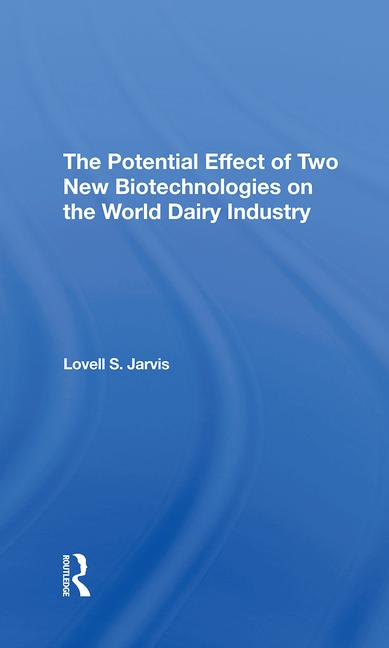BURLINGTON, Vt.Vermont's congressional delegation is backing new legislation that it says would create a safety net for dairy farmer. But dairy processors say it amounts to another attempt to forge a national dairy compact.
The National Dairy Equity Act would protect dairy prices in Vermont and across the country after the current Milk Income Loss Contract program expires in September 2005. It would be funded largely by processors. The Dairy Equity Act would establish regional boards with the authority to require processors to pay a higher price for Class I milk, or milk to be consumed as fluid milk. Under the legislation, five regional dairy marketing areas would be established. States within the various regions would have the option of participating. Unlike the former Northeast Interstate Dairy Compact, the Dairy Equity Act is designed to work in every region of the country, say the bill's authors.
The compact expired in September 2001 amid strong opposition from Wisconsin and Minnesota lawmakers who thought it gave an unfair advantage to Northeast dairy farms. It was replaced in early 2002 by a direct federal subsidy program that is set to expire in September 2005. The program has paid about $40 million to Vermont farmers and about $2 billion to farmers nationwide,
Rep. Bernie Sanders, I-Vt., and Sens. Patrick Leahy, D-Vt., and James Jeffords, I-Vt., say the bill is a way to temper a volatile market for dairy farmers across the country. The International Dairy Foods Assn. (IDFA) says the measure would reinstate and expand many aspects of the now defunct Northeast Dairy Compact. IDFA. "The NDEA would set up an inequitable pricing systempitting producers of different sizes and from different regions against one another, raising prices to consumers and imposing new tax burdens on American taxpayers," IDFA said in a recent press release.





